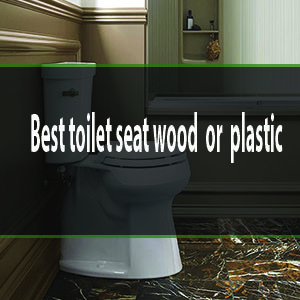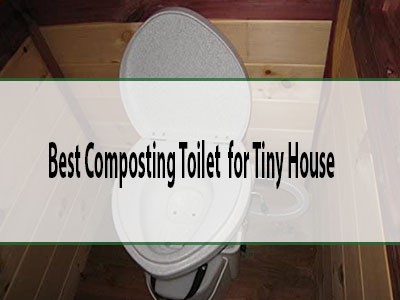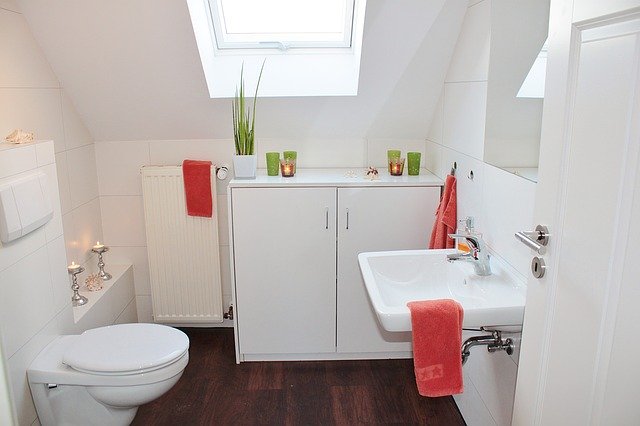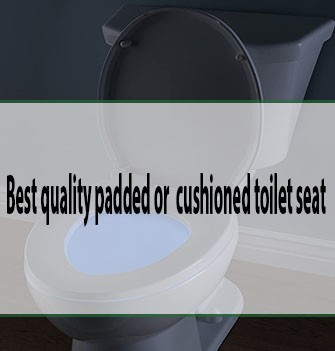Are you struggling with sleepless nights because your adorable new puppy can’t seem to hold it until morning? Toilet training a puppy at night can feel like a daunting task, but you’re not alone.
Many new puppy parents face this challenge, and with the right approach, you can turn those nighttime accidents into distant memories. Imagine waking up to a clean floor and a happy pup, ready to start the day without the usual morning chaos.
In this guide, we’ll share practical tips and proven techniques to help you effectively toilet train your puppy at night. Keep reading to discover how you can transform your nights and enjoy a more peaceful and rewarding relationship with your furry friend.
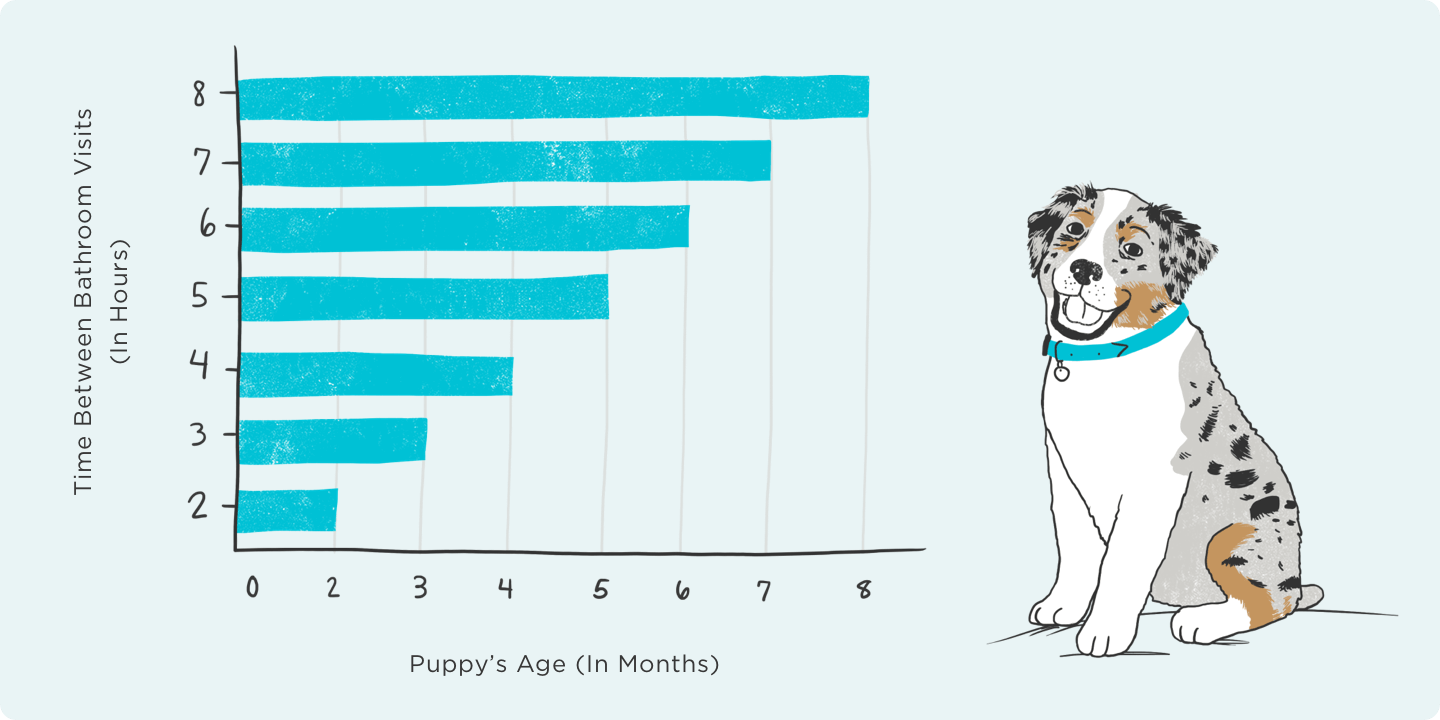
Credit: www.zoetispetcare.com
Table of Contents
Choosing The Right Sleep Setup
Crate training helps puppies feel safe at night. The crate is like a small den. It offers them a cozy, secure space. Puppies won’t soil where they sleep. This helps with toilet training. Keep the crate in your bedroom. Your puppy feels close to you and less anxious.
Choose soft bedding for your puppy. Comfortable bedding helps them sleep better. Avoid using old clothes. Puppies may chew them. Ensure the bedding is washable. Accidents might happen during training. Clean bedding keeps your puppy healthy. Place a favorite toy in the bed. Toys help them feel relaxed and happy.
Establishing A Nighttime Routine
Puppies need a consistent bedtime to learn well. Set a specific time every night. This helps your puppy know it’s time to sleep. A routine makes them feel safe. Puppies love schedules. Keep the same bedtime even on weekends. This makes training easier.
Before bed, give your puppy some quiet playtime. This helps them calm down. Avoid exciting games. A little walk outside is good. Let them pee before coming in. This can stop accidents inside at night. Give them a small drink of water if needed.
Understanding Puppy Bladder Control
Puppies have small bladders. They can’t hold pee for long. A two-month-old puppy can hold it for two hours. As they grow, they can wait longer. By six months, they can last six hours. It’s important to know your puppy’s age. This helps plan toilet trips. Frequent trips are key at night.
Puppies show signs they need to pee. They may sniff the ground. Some may circle or whine. Others bark or scratch at the door. Watch your puppy closely. Take them out as soon as you see signs. This helps prevent accidents inside. Praise them when they pee outside. Positive feedback works well with puppies.
Effective Nighttime Potty Breaks
Puppies have small bladders. They need frequent potty breaks. Set an alarm to wake up at night. This helps in avoiding accidents. You can start with every two hours. Gradually increase the time. Your puppy will learn to hold it longer. Consistency is key. Puppies thrive on routine. They will soon adapt to the schedule.
Keep the night trips quiet. Loud noises can excite the puppy. Avoid playing with your puppy. Focus only on the potty task. Use a calm voice. This keeps the puppy relaxed. The goal is to return to bed quickly. No extra distractions or excitement. A calm atmosphere helps in getting back to sleep.
Managing Accidents
Training a puppy at night involves setting a consistent routine. Frequent potty breaks and a designated area help. Rewards encourage good behavior and reduce accidents.
Immediate Cleanup Tips
Accidents happen during toilet training. Use paper towels to clean up. Absorb the mess quickly. Vinegar solution helps with smells. Mix vinegar and water. Spray on the spot. Blot with a clean cloth. Use baking soda for stubborn smells. Sprinkle on the area. Vacuum after 15 minutes. Keep the area fresh and clean.
Avoiding Punishment
Punishing a puppy can cause fear. Praise them for good behavior. Use gentle words. Reward with treats. Puppies learn from positive actions. Guide them with love. Mistakes are part of learning. Stay patient and calm. Encourage them to do better next time.
Encouraging Positive Behavior
Rewards make puppies happy. Give them treats for good behavior. Use treats when they go potty outside. Praise them with a happy voice. Puppies love to hear they did well. This makes them want to do it again. Be sure to give rewards right away. Puppies need to know why they get treats. This helps them learn faster. Rewards must be small and tasty. They should not be too big. Puppies will work for small treats. This keeps them excited and eager to learn.
Use the same words every time. This helps puppies understand. Simple words are best for commands. Say “potty” when it’s time to go outside. Use a calm voice. Do not change the words you use. Consistency helps puppies learn faster. They will know what you want. Practice every day. This builds a strong routine. Puppies like routines. It helps them feel safe and secure.
Handling Common Challenges
Toilet training a puppy at night involves consistency and patience. Establish a bedtime routine to help them settle. Ensure regular nighttime potty breaks to prevent accidents and encourage positive behavior.
Dealing With Whining
Puppies may whine during the night. They might feel lonely or scared. A soft toy can offer comfort. Try placing a ticking clock nearby. It mimics a heartbeat. This helps them feel less alone. Patience is key.
Addressing Nighttime Anxiety
Many puppies experience nighttime anxiety. Keep a night light on. It helps them see their surroundings. Routine is important. Take them out at the same time every night. This builds a sense of security. Always offer a gentle word or two. It reassures them. Never scold them for anxiety. It only makes things worse. Understanding is the best approach.
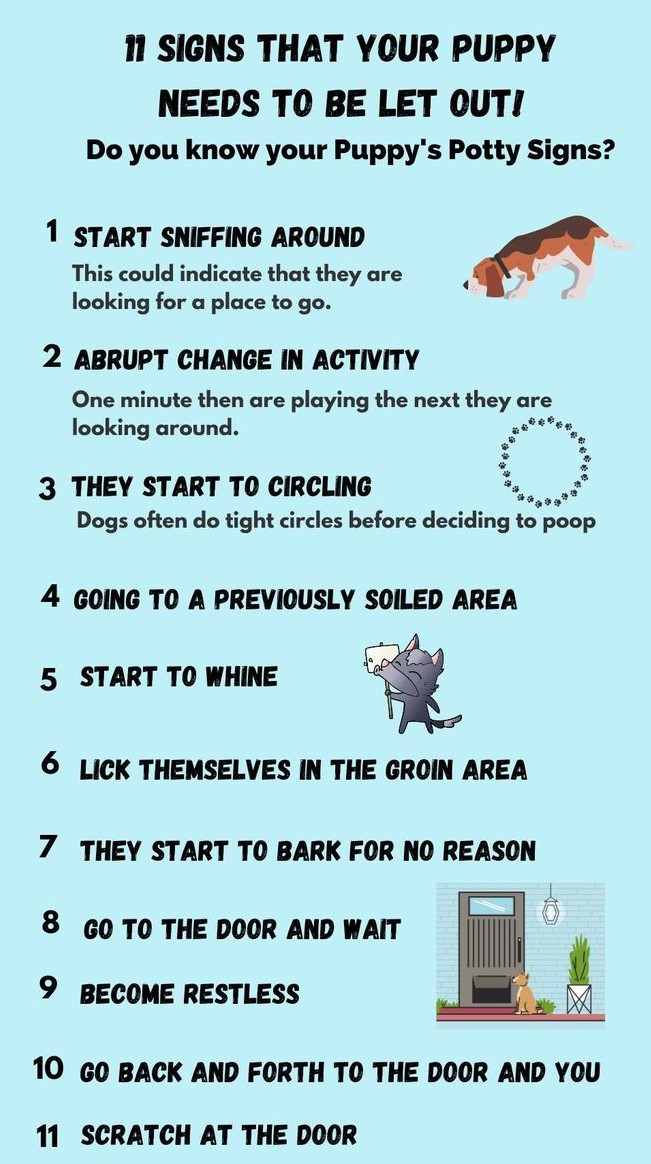
Credit: suburban-k9.com
When To Seek Professional Help
Some puppies have trouble learning to toilet at night. They may keep waking up and making a mess. If this happens often, it might be a persistent issue. Puppies should learn where to go potty after some time. If they don’t, it could mean something is wrong. This is the time to think about getting help.
A trainer can help teach your puppy where to potty. They know many tricks to make learning fun. A vet can check if your puppy is healthy. Sometimes, puppies have health problems that make potty training hard. Getting help can make things better for you and your puppy.

Credit: awimnews.com
Frequently Asked Questions
What Is The Best Time For Night Toilet Training?
Start toilet training at night when your puppy is around 12 weeks old. Puppies have more bladder control by this age. Take them out right before bedtime and maintain a consistent schedule. This helps in establishing a routine and minimizing nighttime accidents.
How Often Should I Take My Puppy Out At Night?
Take your puppy out every 3 to 4 hours during the night. Puppies have smaller bladders and need frequent bathroom breaks. Gradually increase the time between outings as they grow older. Consistency in timing helps puppies learn faster.
Can Crate Training Help With Night Toilet Training?
Yes, crate training can help with night toilet training. Puppies naturally avoid soiling their sleeping area. Use a properly sized crate to encourage holding it until morning. Always take them out immediately before and after crating to reinforce the routine.
How Can I Prevent Nighttime Accidents?
Prevent nighttime accidents by taking your puppy out before bedtime. Limit water intake a few hours before sleep. Ensure their sleeping area is comfortable and secure. Regularly praise and reward them after successful trips outside.
Conclusion
Toilet training a puppy at night requires patience and consistency. Start with a routine. Take them out before bed. Praise them for good behavior. Limit water before sleep. Use a crate for safety. Keep the area clean. Accidents happen, stay calm.
Puppies learn at their own pace. Celebrate small victories. Building trust is key. Soon, night training becomes easier. Your puppy will understand the routine. Keep encouraging them. They will get better with time. Enjoy this bonding experience. It’s worth the effort.
Your puppy will thank you.


